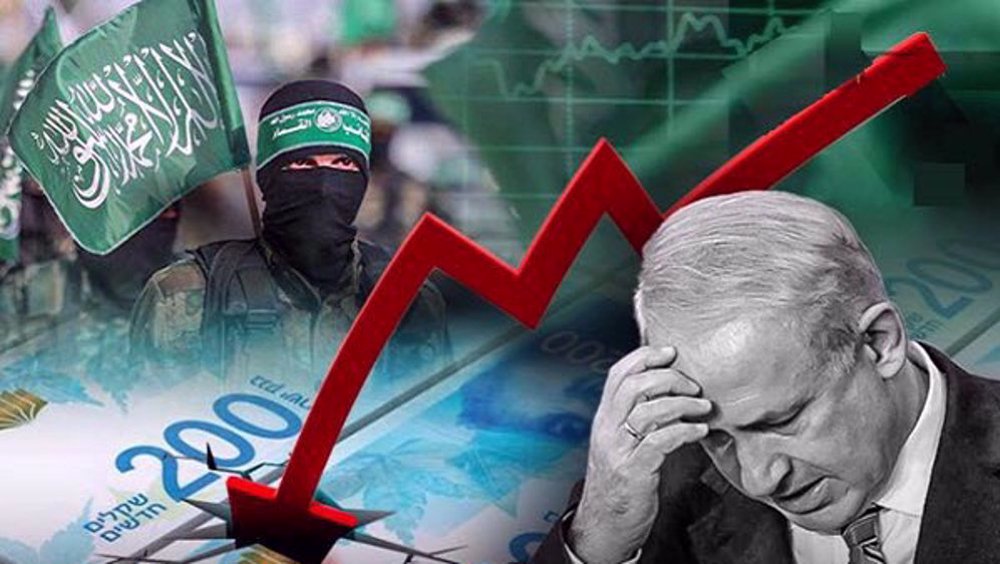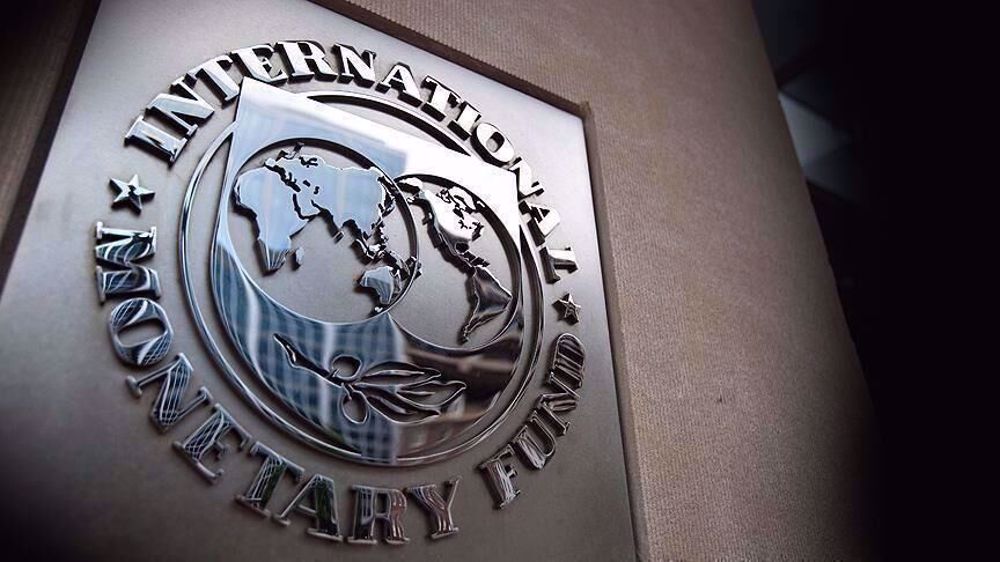Steep fall in German investor sentiment
Investor sentiment in Germany slumped in September over concerns that sharply slowing growth in emerging markets would hurt the vital export sector of Europe's top economy, a leading survey said on Tuesday.
The widely watched investor confidence index calculated by the ZEW economic institute sank 12.9 points from August to stand at just 12.1 points -- a level not seen for almost a year and far short of analysts' expectations, AFP reported.
"The weakening economic development in emerging markets dampens the economic outlook for Germany's export-oriented economy," said ZEW president Clemens Fuest.
"While economy growth in the second quarter was largely driven by external demand, it is becoming less likely that exports will stimulate growth in the near future," he added.
The drop is the sixth consecutive monthly fall, with the index far lower than the 18.6 points that analysts polled by financial services company FactSet had been expecting.
The "ZEW survey confirmed that recent market turmoil and concerns over the global environment have had an adverse impact on German investor confidence," said Jonathan Loynes, chief European economist at Capital Economics.
Nevertheless, the analysts were quick to point out that the German economic engine was in good shape and that weakness in demand from China could increasingly be compensated by growth in Europe and the United States.
"The German economy remains in a strong position due to the renewed drop in the oil price, the weak euro, low funding costs and a robust labor market," noted Johannes Gareis, a eurozone economist at Natixis.
"Moreover, many eurozone countries have been seeing an uptick in their economy and solid growth in the US and other important export markets should work against the weakness in trade with China," he added.
ZEW's sub-index measuring financial market players' view of the current economic situation had indeed improved slightly, increasing 1.8 points to 67.5 points.
Sentiment for the eurozone however declined by 14.3 points to 33.3 points.
For ING analyst Carsten Brzeski, "low commodity prices and the weak euro are still the best doping for the German economy".
"Up to now, neither China nor Greece have been able to substantially derail the German recovery. With the prospects of a first Fed (rate) hike and possibly more ECB QE (quantitative easing), the German economy's life on steroids will not end any time soon," added the analyst.
Tehran economic conference: Raeisi hails Iran-Africa expansion of ties
VIDEO | Press TV's news headlines
Severe heat wave hits India as phase 2 of polling begins
What to expect after President Raeisi's visit to Pakistan
China describes Iran as ‘strategic partner' in West Asia
April 25: ‘Axis of Resistance’ operations against Israeli occupation
Hezbollah hits Israeli military sites near border with rockets, drones
Rwandans say UK deportation 'another brutal manifestation of neo-colonialism'










 This makes it easy to access the Press TV website
This makes it easy to access the Press TV website